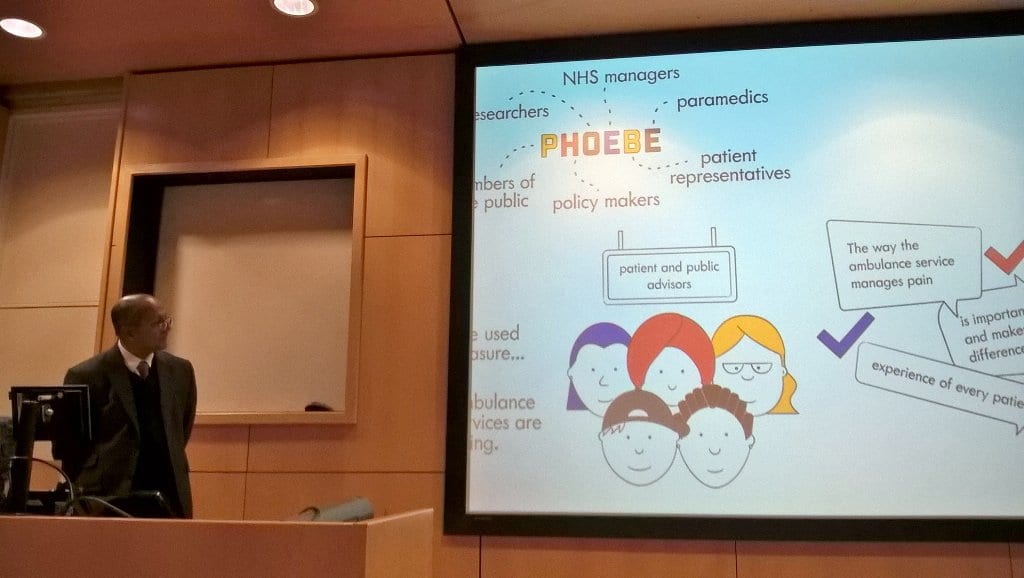Improvement Science and Research Methods seminar: Dr Matthew Harris on ‘Frugal and reverse innovation’

The latest Community and Health Research Unit (CaHRU)/Lincoln Institute for Health (LIH) Improvement Science and Research Methods seminar was given on April 24th 2018 by Dr Matthew Harris, Clinical Senior Lecturer in Public Health, jointly appointed between the Department of Continue reading Improvement Science and Research Methods seminar: Dr Matthew Harris on ‘Frugal and reverse innovation’




